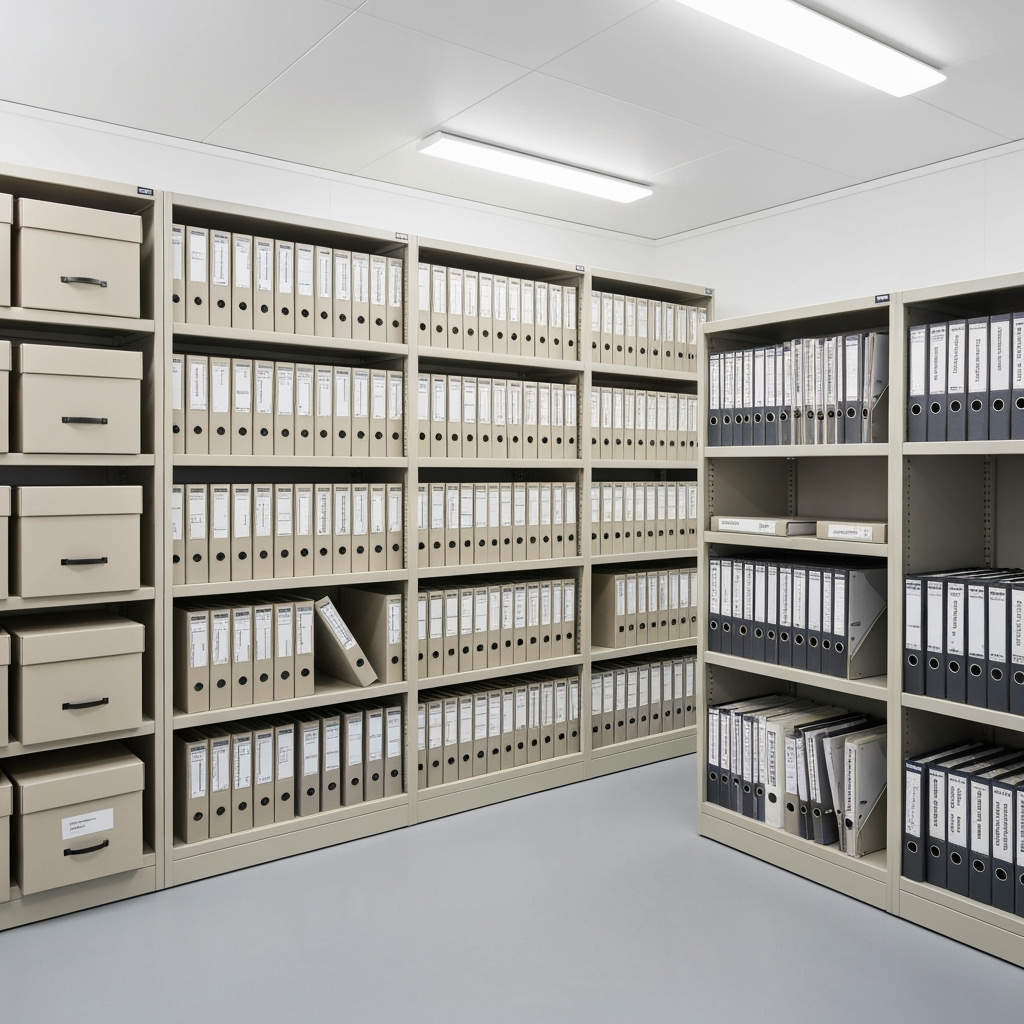
In today’s digital age, properly storing physical documents remains critically important. From irreplaceable family records to essential legal papers, protecting these vital documents requires more than just a cardboard box in the attic. This comprehensive guide explores why climate-controlled storage is essential for preserving your important papers and how to do it right.
Why Climate Control Matters for Paper Documents
Paper documents are particularly vulnerable to environmental factors that can cause deterioration, fading, and destruction:
- Humidity can lead to mold growth and paper deterioration
- Temperature fluctuations can cause paper to become brittle
- Direct sunlight can fade ink and damage paper fibers
- Pest infestations can destroy documents
Documents That Need Climate-Controlled Storage
Consider climate-controlled storage for these essential documents:
- Tax returns and financial records
- Legal documents (wills, deeds, contracts)
- Birth certificates and marriage licenses
- Insurance policies and medical records
- Family photographs and historical documents
- Business documents and licenses
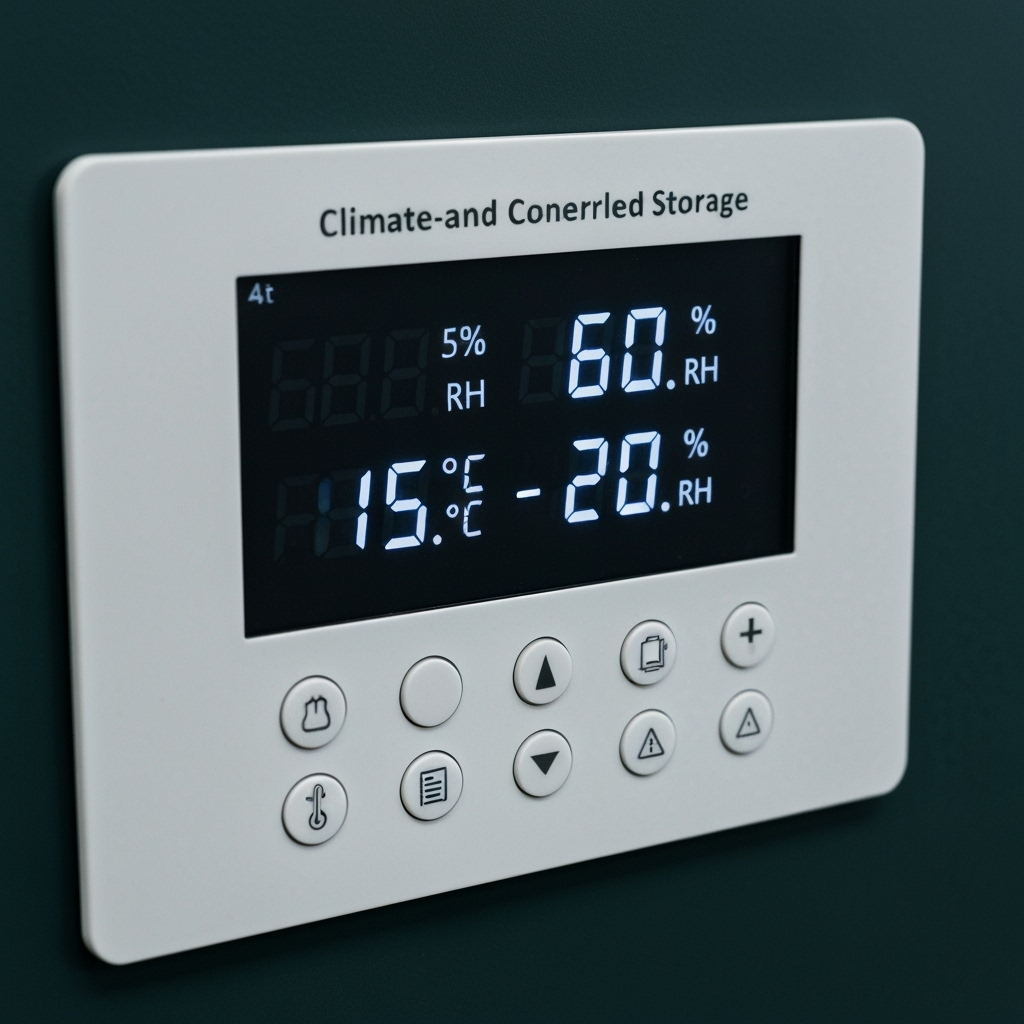
Ideal Storage Conditions for Paper Documents
To maximize document preservation, maintain these environmental conditions:
- Temperature: 65-75°F (18-24°C)
- Relative Humidity: 45-55%
- Limited light exposure
- Good air circulation
- Protection from dust and pollutants
Proper Document Storage Techniques
Follow these best practices for storing your important papers:
- Use Acid-Free Storage Materials
- Acid-free boxes and folders
- Archival-quality document sleeves
- Metal filing cabinets with protective coatings
- Organize Before Storing
- Sort documents by category
- Remove paper clips and rubber bands
- Create an inventory system
- Implement Security Measures
- Use lockable storage containers
- Consider a fireproof safe for vital records
- Maintain backup copies of critical documents
Choosing the Right Climate-Controlled Storage Unit
When selecting a storage facility, consider these factors:
- Consistent temperature and humidity monitoring
- Security features (surveillance, access control)
- Cleanliness and pest control measures
- Accessibility when you need your documents
- Size options to accommodate your needs
Regular Maintenance and Monitoring
Protect your stored documents with these ongoing practices:
- Regular document condition checks
- Rotation of storage boxes to ensure even air circulation
- Update inventory lists as needed
- Inspect for any signs of moisture or pest problems
- Replace storage materials showing wear
Cost vs. Value Consideration
While climate-controlled storage costs more than standard units, consider the value of what you’re protecting:
- Replacement costs for damaged documents
- Time and effort to reconstruct records
- Irreplaceable nature of certain documents
- Peace of mind knowing documents are protected
Additional Tips for Document Protection
Enhance your document storage strategy with these expert tips:
- Keep a digital backup when possible
- Use moisture-absorbing products in storage containers
- Avoid storing documents directly on concrete floors
- Consider insurance for valuable documents
- Maintain a detailed inventory with location markers
Conclusion
Proper storage of important documents is crucial for both personal and professional security. Climate-controlled storage provides the optimal environment to preserve your valuable papers for years to come. By following these guidelines and investing in quality storage solutions, you can ensure your important documents remain protected and accessible when needed.
Visit your local Public Storage facility to learn more about climate-controlled storage options for your valuable documents. Our storage professionals can help you choose the right unit size and provide additional tips for document preservation.




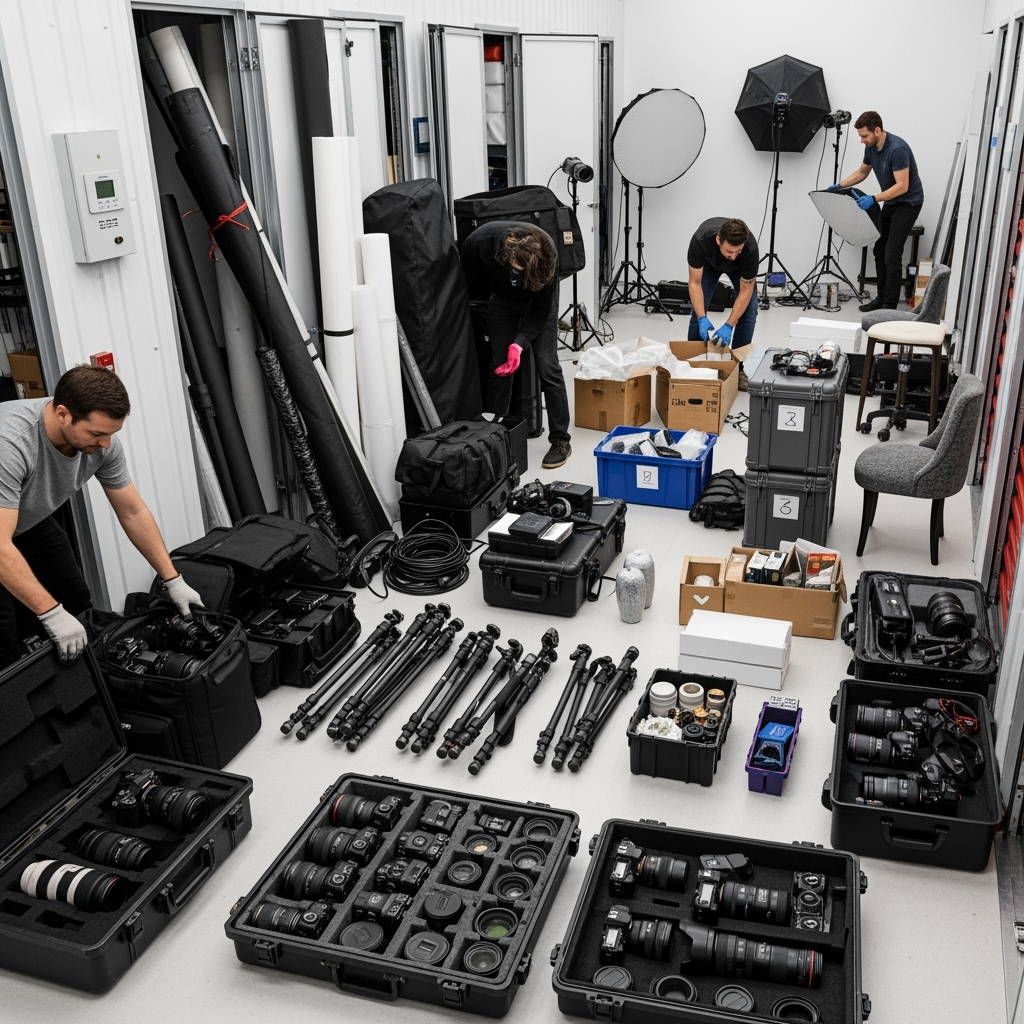
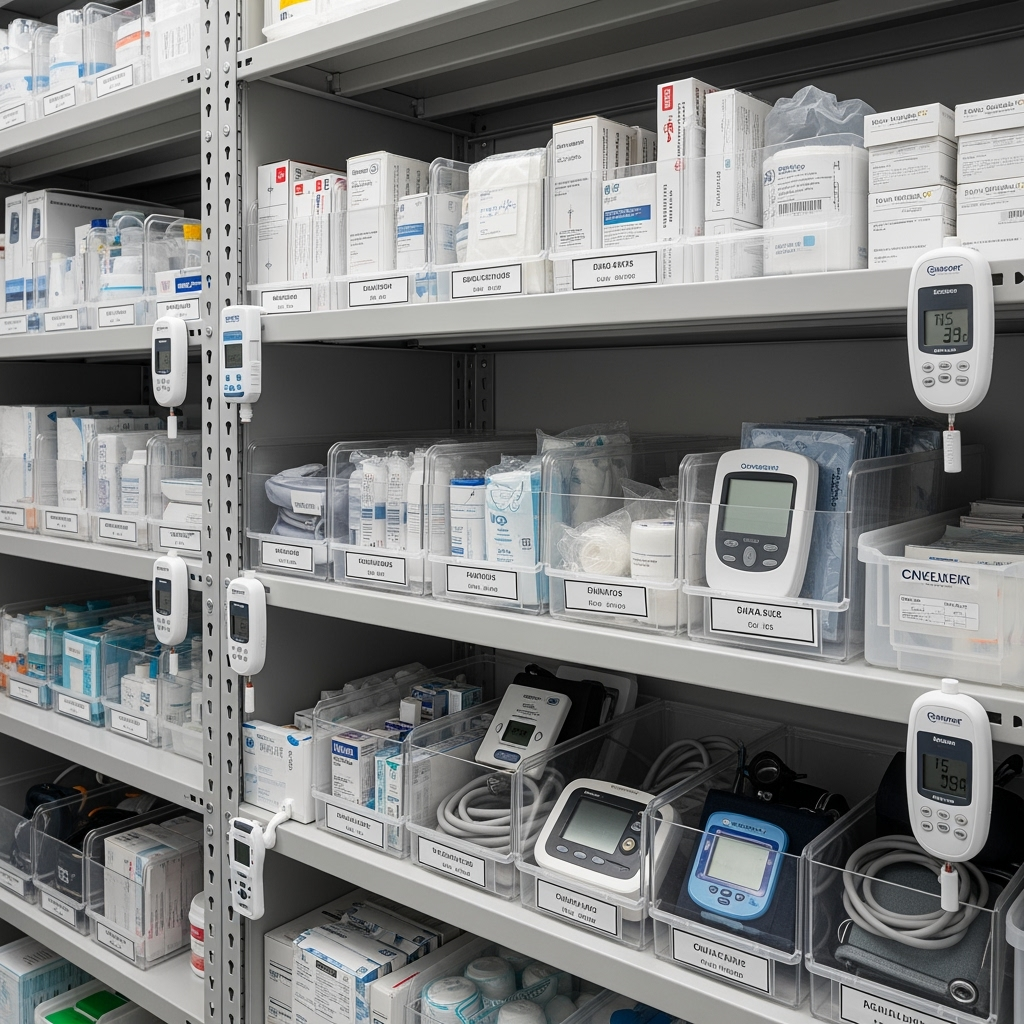
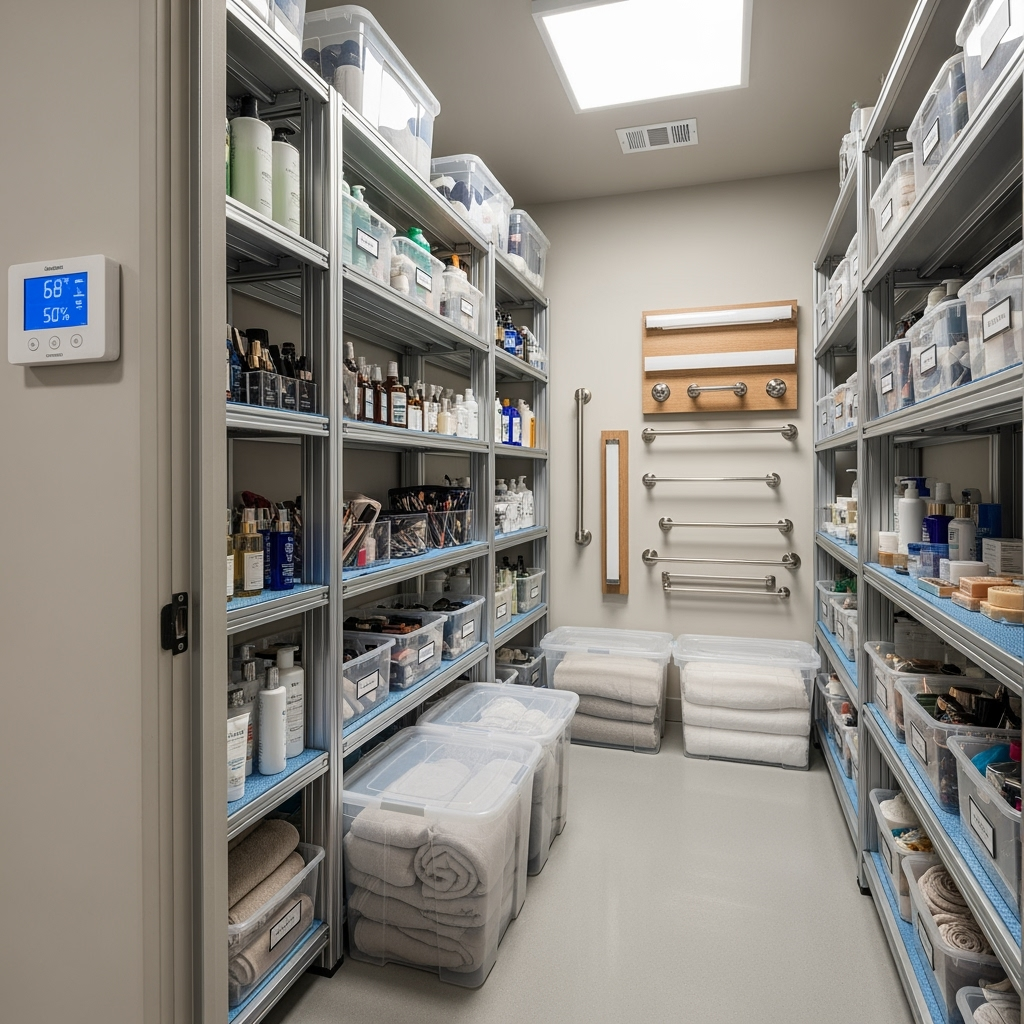
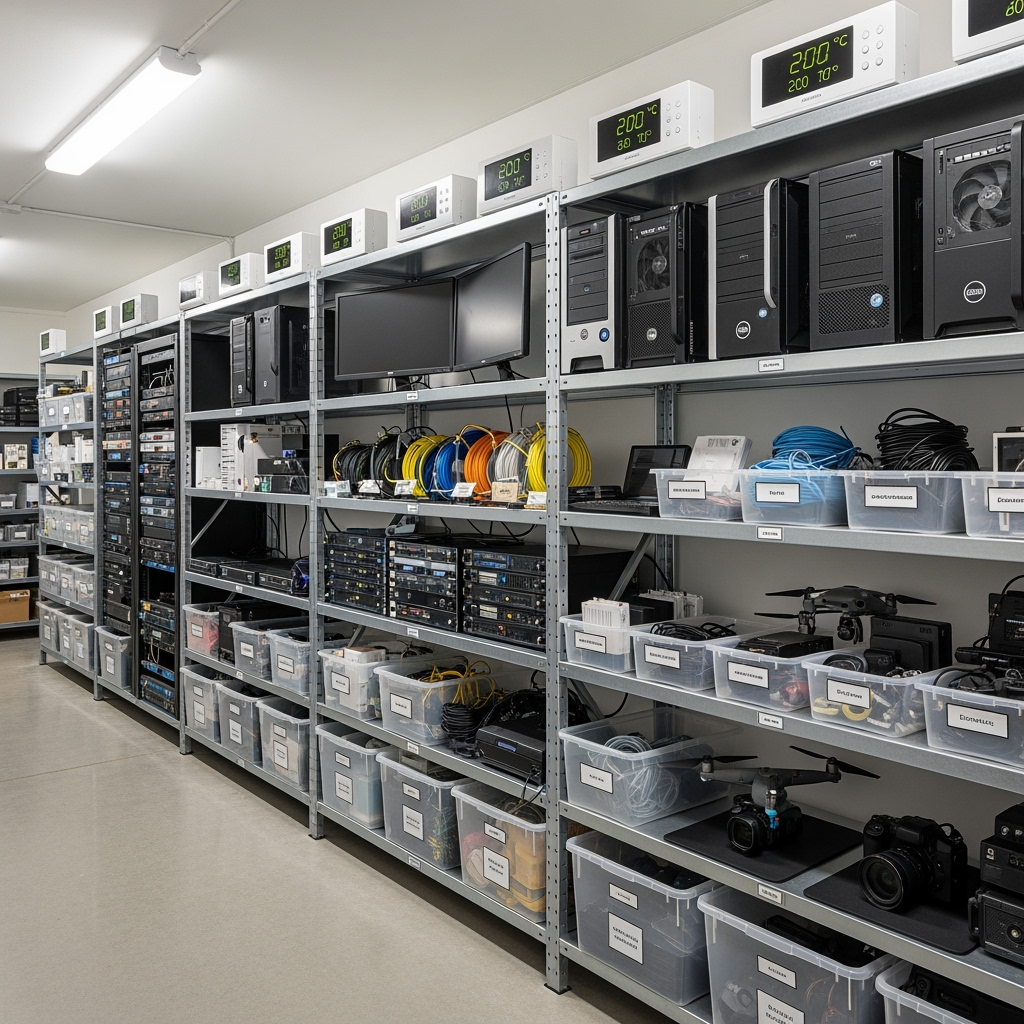

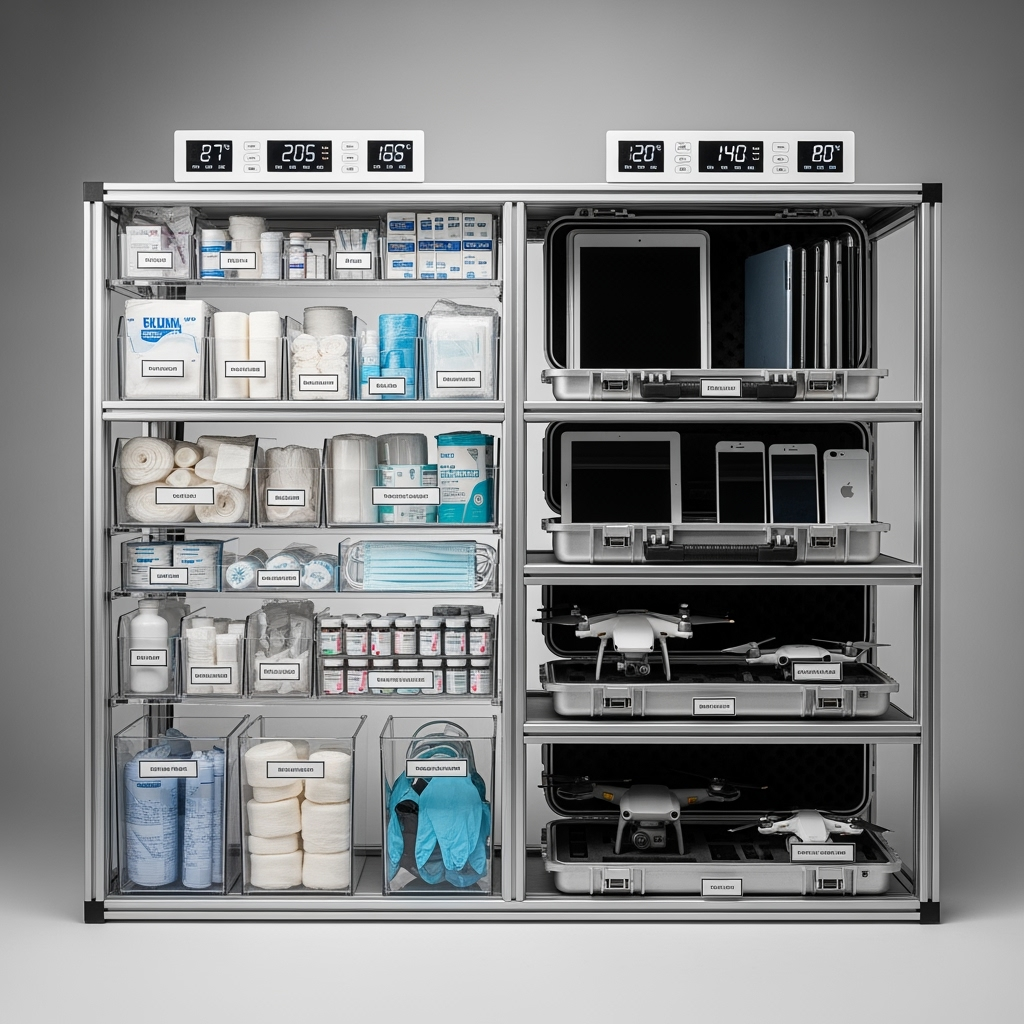
Leave a Reply